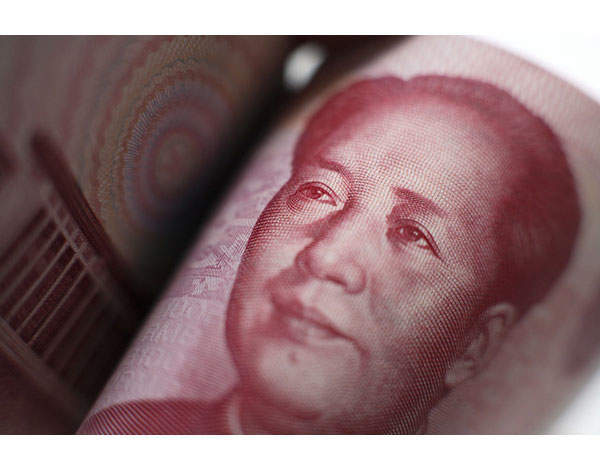
Author: by Chloe Barrow

Financial institutions catering exclusively for wealthy individuals seem about as far from communist dogma as you can get, but the recent news that five private banks will be created in China this year shows the latter is bending to accommodate the former.
The move comes as China looks to open up the financial sector and raise competition in the industry. According to the BBC, the banks will be allowed to operate on a trial basis under the supervision of Chinese banking authorities, adding that private finance will be used to either restructure existing banks or set up new ones “bearing their own risks”.
This development came to fruition largely due to a surge of lending by non-banking companies, which created a rise in China’s debt levels. As a result the country’s ruling party was compelled to seek greater transparency in the financial sector in order to repair this economical defect.
Read more private banking in China from Spear’s
While being an interesting development for all involved in the industry, one can’t help but marvel at the political implications that this move – a substantial breakaway from communist idealism – must surely represent. Private banking, after all, is one of the finest and most blatant forms of capitalism, or ‘aspirational democracy’ if you will: it is an exclusive service for private clients who are financially well endowed. Not exactly the Marxist dream.
Granted, there is no shortage of wealthy individuals in China, a fact that could also be said to contradict communist ideals, and the government has also allowed free enterprise, again technically against party politics. But those particular anomalies are no coincidence: China has adapted its communist rule to enable the country to become a successful world power that allows many economic, but few social and no political freedoms for its population.
The introduction of private banks to the country, however, seems to take the country’s progressive liberalisation one step further – this time the move does not just have economic implications, but it will provoke a social knock-on effect too.
This is because, while the industry in itself is a commercial entity, private banking provides a direct service for individuals and families, rather than being purely for the benefit of larger corporations, as is the case with China’s numerous international trade agreements.
The red state may have already accepted individual wealth accumulation, but it now appears to be validating private wealth by making it an official business. And it is also allowing its citizens’ money to be managed by non-state (albeit largely state-controlled) entities.
Ultimately this could represent an important milestone in the evolution of China’s socio-economic liberalisation. Mao Zedong would surely be seeing red at the idea.






